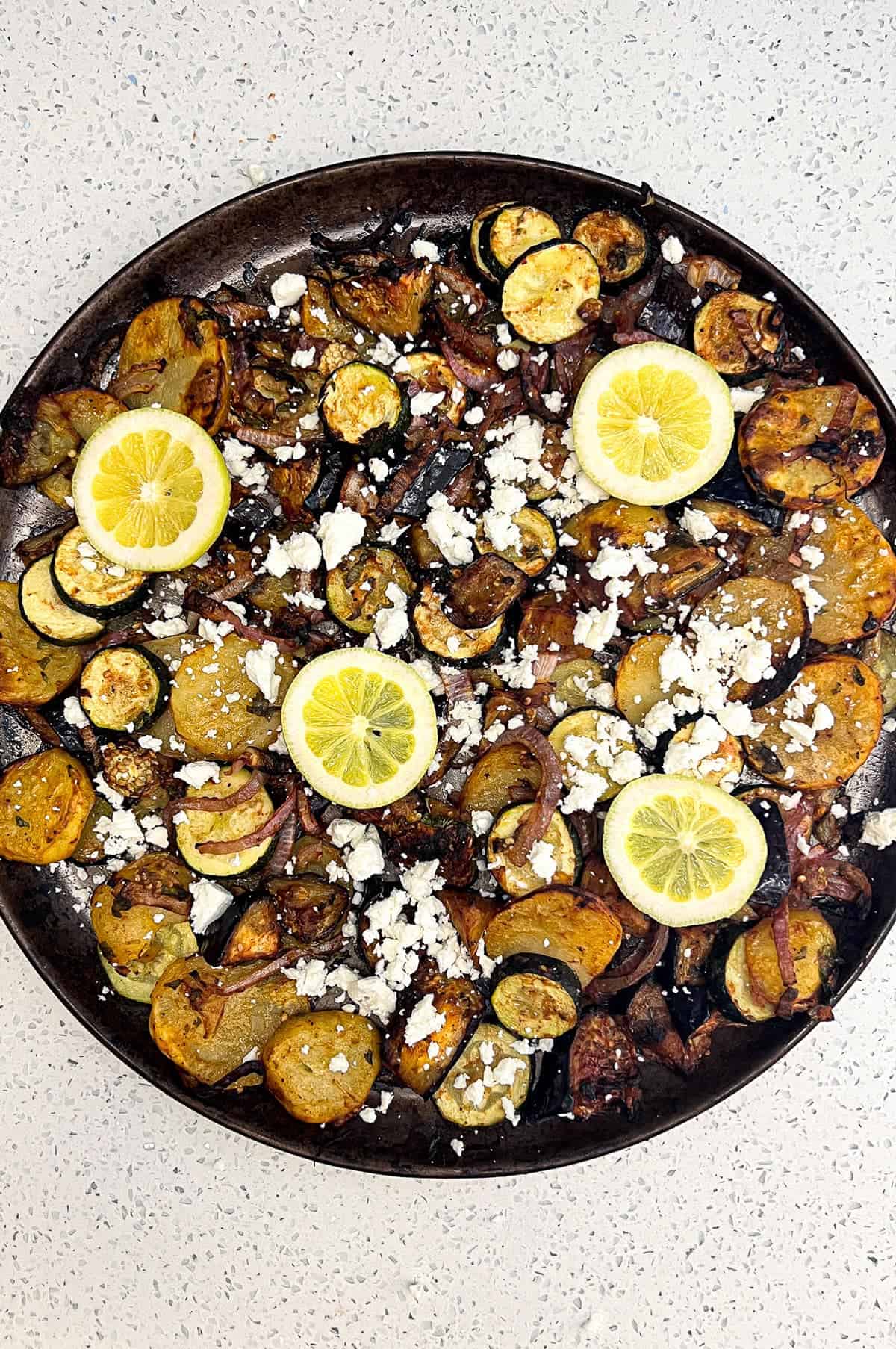Moroccan and Greek cuisine reflect their cultural identity and history, offering flavorful dishes that are a part of Mediterranean cuisine. Moroccan cuisine blends Arab, Berber, Moorish, and European influences, using spices like cinnamon, turmeric, and saffron, and ingredients like preserved lemons and grains like couscous. Greek cuisine has a strong influence of Ottoman Empire and Mediterranean cuisine, using fresh herbs, vegetables, and seafood, and ingredients like olives, feta cheese, and yoghurt. Both cuisines offer a range of meat and vegetarian options, and their use of spices and flavors add to the diverse culinary experiences they offer.
Moroccan vs. Greek Cuisine: Mediterranean Marvels
The Mediterranean region is famous for its mouth-watering culinary delights. The mix of cultures, flavors, and ingredients created a diverse range of dishes that are loved worldwide. Two of the most fascinating Mediterranean cuisines are Moroccan and Greek. They both have a unique identity and history that reflects on their food. In this article, we will compare and contrast the Moroccan and Greek cuisine and discover their Mediterranean marvels.
Cultural Influence
One of the significant factors that shaped the Moroccan and Greek cuisine is their cultural identity. Morocco’s cuisine blends influences from Arab, Berber, Moorish, and European cuisine. The use of spices such as cinnamon, turmeric, cumin, and saffron is prevalent in Moroccan cuisine. On the other hand, Greek cuisine has a strong influence of Ottoman Empire and Mediterranean cuisine. The use of olive oil, herbs like oregano, rosemary, and basil, and cheeses is prevalent in the Greek cuisine.
Ingredients
The Moroccan cuisine is known for its unique ingredients, especially spices. The use of spices is not only for flavor, but also for their healing properties. Morocco’s cuisine uses a mix of spices like cinnamon, cumin, turmeric, and paprika. Another essential ingredient in Moroccan cuisine is preserved lemons, which add a tangy flavor to the dishes. Grains like couscous and semolina are also widely used in Moroccan cuisine. As for Greek cuisine, the use of fresh herbs, vegetables, and seafood is prevalent. Ingredients like olives, feta cheese, and yoghurt are also widely used in Greek cuisine, along with grains like long-grain rice and bulgur.
Meat and Vegetarian Options
Both Moroccan and Greek cuisines offer a wide range of meat dishes. In Moroccan cuisine, lamb, chicken, and beef are popular meats used in tagines and stews. On the other hand, Greek cuisine uses pork, lamb, chicken and beef in their meat dishes, souvlaki being the most popular. Greek cuisine also offers many vegetarian options, such as Greek Salad, Spanakopita, and Dolmades. Moroccan cuisine has a range of vegetarian options as well, such as couscous with vegetables, harira soup, and tajine with chickpeas and vegetables.
Spices and Flavor
Both Moroccan and Greek cuisines are renowned for their flavorful dishes. In Moroccan cuisine, spices such as saffron, cumin, and paprika, add to the rich flavor of the dishes. Moroccan cuisine also uses a mix of sweet and savory flavors. For example, the tagine with prunes adds sweetness to the meat dish. Greek cuisine is known for its use of lemon juice, garlic, and herbs like oregano, which add a fresh and citrusy flavor to the dishes. Olive oil is also an essential ingredient in Greek cuisine, adding a unique flavor to the dishes.
Conclusion
Moroccan and Greek cuisines are Mediterranean marvels that offer unique and diverse culinary experiences. While Moroccan cuisine offers a more significant emphasis on spices and meats, Greek cuisine is characterized by fresh herbs and ingredients like olive oil and cheese. Both cuisines offer a range of vegetarian and meat dishes. Ultimately, the cultural influences and history of these cuisines reflect in their flavorful dishes, making them an essential part of Mediterranean cuisine.
